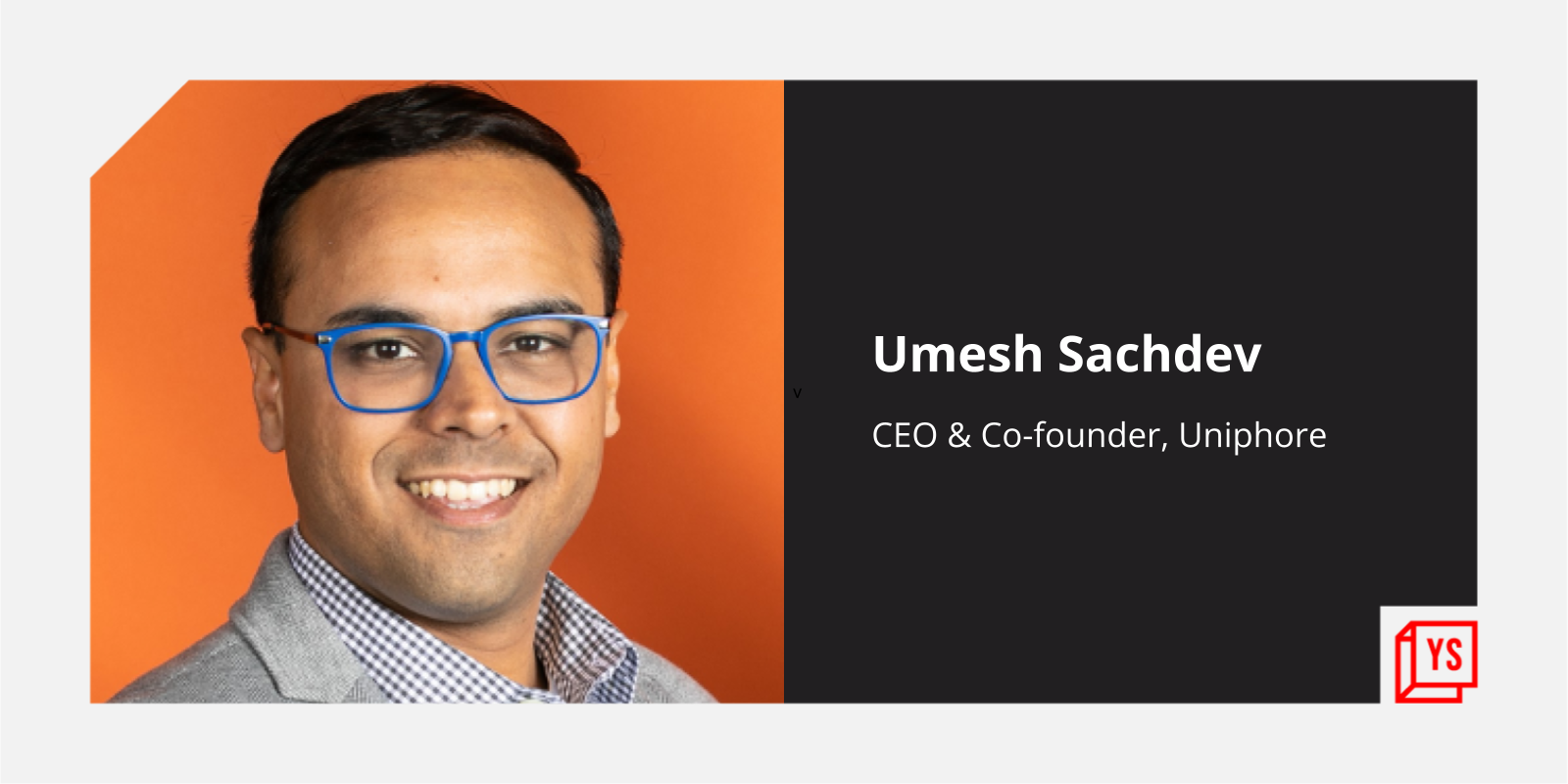We Care India: An Online Portal for Social Investors that Encourages Lending as little as Rs 100

It doesn’t take much to support a needy entrepreneur in a country, where majority of the poor do not have access to institutional credit. All it takes is the willingness and the right platform that can facilitate such communication between an aspiring entrepreneur and a social investor. And that’s what We Care India is all about.
YourStory caught up with Mr. Sanju Kumar, Chief Executive Officer of Samrudhi Micro Finance, who is determined to change India’s perspective on microfinance and extend a much needed helping hand to those who truly deserve it.
Set up only last year, We Care India is a project of Samrudhi, which has been developed around the widely feted model of Grameen Bank. It’s a peer-to-peer online platform that enables individuals to become social investors by lending small sums of money to borrowers listed on their website www.wecareindia.org. Borrowers are usually small rural entrepreneurs such as tailors, shop owners, cattle breeders, who are shortlisted after careful screening by their field partners.
“The name, We Care India is self explanatory; anyone who cares for the underprivileged in India can join the site and invest by providing funds as low as Rs 100,” explains Kumar.
Through We Care India, borrowers pay an interest rate of 8 percent per annum, out of which 1 percent is utilised to cover the websites’ maintenance costs, while the investor earns a return of 3.5 percent per annum and the rest is utilized for operational purpose.
“We follow a peer-pressure model. It is mandatory for borrowers to join a group and if one member fails to repay, remaining members from that group have to pay the loan on his or her behalf. Also, no one from that group remains eligible to receive another loan”.
Each member undergoes a compulsory training for five days where it is ensured that every borrower understands about the services such as rate of interest and repayment terms. After training, individual profiles are verified carefully using housing surveys, assessing poverty level, their credit history and credit need, and only then one is eligible for a loan.
We Care India conducts a loan utilisation check within 15 days from the date of disbursement to ensure that the borrowed loan is used for the said purposes.
“The organization targets mostly rural & urban poor women, who are not only the most marginalized section of our society, but they also tend to use resources more productively than men do”, says Kumar, who has over ten years of experience in the field of agriculture, microfinance and socio-economic development. He is a graduate in Agricultural Science and a GSBI fellow from Santa Clara University, USA.
About 80 percent of the project was funded by We Care India’s mother organization Samrudhi and the rest came from their US based partner Asha.
Kumar explains that of- late credit support from mainstream banks to MFIs (microfinance institutions) has almost come to a standstill. “Banks are not willing to fund MFIs as almost all of the banks are following a wait-and-watch strategy ever since the Andhra Pradesh crisis.”
It was this stagnancy that encouraged Kumar to start an online p2p lending platform. International organizations like Kiva, Microfunds and Vitaana have already succeeded in sourcing money globally through online lending and Kumar believes there is no reason why such models cannot be replicated and implemented in India.
Getting approval for the payment gateway was the biggest challenge Kumar had to face while setting up We Care India. “In India, there isn’t a single payment gateway willing to go easy on non profit organization such as ours. We thus, had to partner with an US based organisation so that we could use PayPal to accept payments,” he says.
Kumar and his five member team are working to introduce similar loans in education and healthcare. “We want to give social investors a wider range of choice to invest in and we want to ensure that each product is tailored as per the need of the beneficiaries,” he adds.
Samrudhi is currently operational in Northern Karnataka that works in collaboration with organizations such as Asha USA, Indians for Collective Action USA, KBS LAB, Ananya and IDF Financial services.
Within a month, almost 3000 people have visited the website and 200 have registered. They are actively looking at hiring in various levels and by 2014 Kumar expects to consolidate Samrudhi’s operation in all 23 districts of Karnataka.
Kumar believes that the poor are bankable and have a keen credit discipline. They undertake small and manageable enterprises and have the potential to improve productivity and make sustainable profits to alleviate India out of poverty.
Author: Krishnakali Sengupta








![[Funding alert] Education startup Masai School raises $2.5M in Pre-Series A led by Unitus Ventures](https://images.yourstory.com/cs/2/e641e900925711e9926177f451727da9/Image8v90-1597724751446.jpg)


